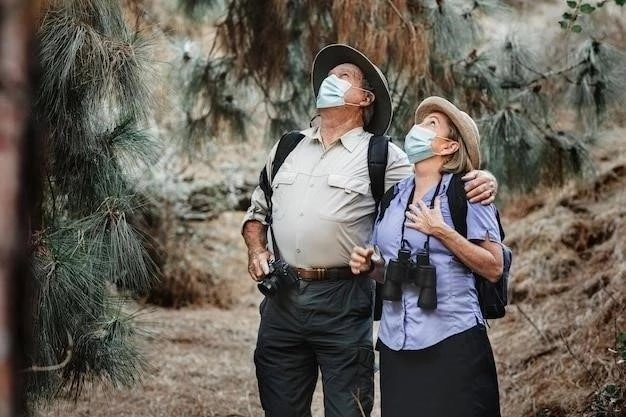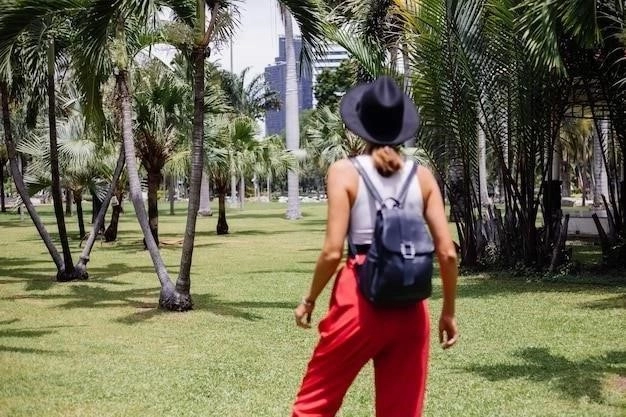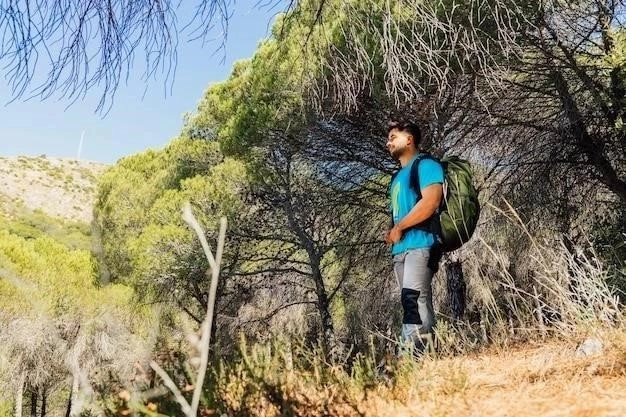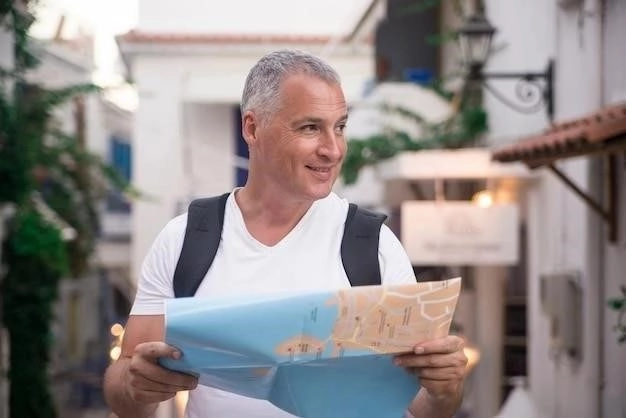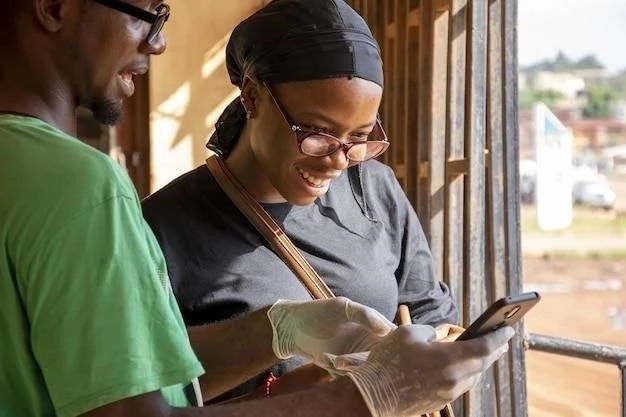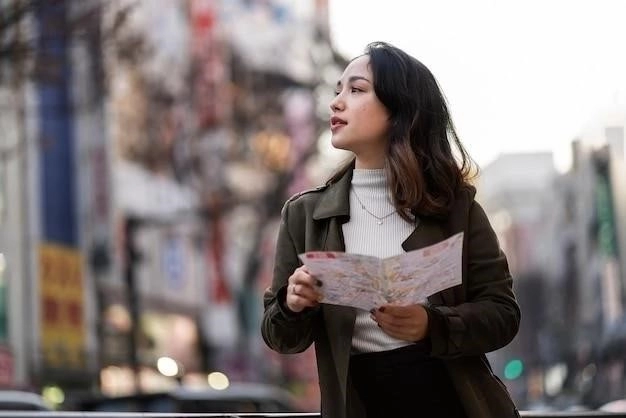Discover essential information for planning your trip to Syria. This guide provides insights into safety, visas, transportation, accommodation, attractions, and more.

General Information
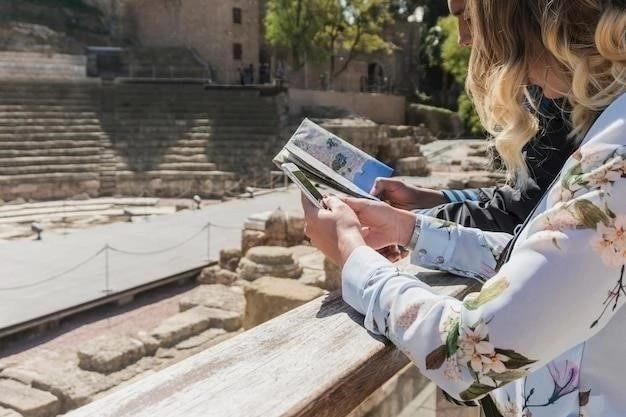
The Syrian Arab Republic, commonly known as Syria, is a country located in Western Asia, bordering Turkey to the north, Iraq to the east, Jordan to the south, and Lebanon and Israel to the southwest. Despite the ongoing conflict, Syria retains a rich history and cultural heritage, attracting those interested in experiencing its ancient cities and historical sites. However, it’s crucial to understand the current situation and exercise extreme caution if considering travel to Syria.
Arabic is the official language of Syria, although English is spoken in some tourist areas. The Syrian pound (SYP) is the official currency. Islam is the predominant religion, with a majority Sunni Muslim population. Syria boasts a diverse geography, ranging from arid deserts to fertile plains and coastal mountains.
Please note that due to the current political climate, independent travel is strongly discouraged. It is essential to stay informed about the latest travel advisories and consult with your government’s foreign affairs department for the most up-to-date safety and security information.
Safety and Security
Regrettably, Syria faces an extremely volatile security situation due to the ongoing civil war. The risk of terrorism, violence, and kidnapping remains critically high throughout the country. Travelers may encounter active conflict zones, unexploded ordnance, and a heightened risk of crime.
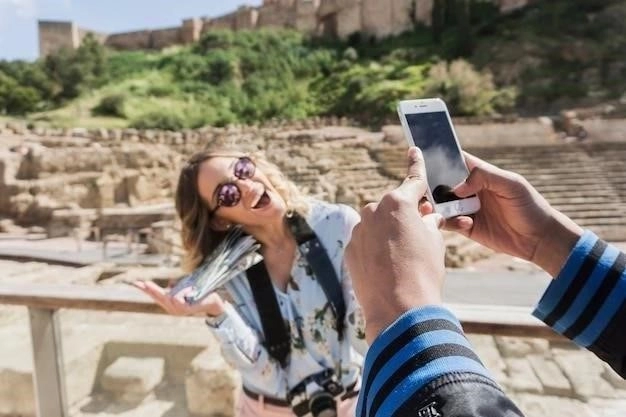
Numerous governmental advisories, including those from the United States, United Kingdom, and Canada, strongly advise against all travel to Syria. The security situation can change rapidly and unpredictably, making it extremely dangerous for foreigners. Essential services like healthcare and transportation may be severely disrupted or unavailable in many areas.
It is paramount to prioritize your safety and avoid all travel to Syria. Should you disregard this advice, understand that you do so at your own risk and face significant challenges in ensuring your well-being.
Visa Requirements
Obtaining a visa for Syria can be a complex and evolving process, particularly given the current security situation. Most nationalities, including those from Western countries, will require a visa to enter Syria. It’s crucial to consult with the nearest Syrian embassy or consulate for the most up-to-date information and requirements, as these can change with little notice.
Currently, acquiring a tourist visa typically involves securing a special security clearance, which often necessitates arranging your trip through a Syrian travel agency. This agency can then liaise with the relevant authorities on your behalf. It’s important to note that processing times for visas can be lengthy and unpredictable.
Even if you manage to obtain a visa, entry is not guaranteed, and border officials retain the right to refuse entry without explanation. Furthermore, specific regions within Syria may have additional restrictions or require special permits for access. Always check for any regional travel advisories or restrictions before attempting to travel within the country.
Getting There and Around
Travel to and within Syria remains significantly impacted by the ongoing conflict, resulting in limited and often unreliable transportation options. Direct international flights to Syria are restricted, with most travelers arriving via connecting flights through neighboring countries such as Lebanon or Jordan. Be aware that flight schedules can change unexpectedly, and disruptions are common.
Traveling by road within Syria poses significant risks due to the security situation. Checkpoints, road closures, and the threat of violence are prevalent. Public transportation, while available in some areas, can be unsafe and unreliable. Renting a car is strongly discouraged due to safety concerns and the complexities of navigating the current environment.
If you must travel within Syria, consider doing so with a reputable security escort or as part of an organized tour group. These options offer a degree of safety and logistical support in a challenging and unpredictable environment. Always prioritize your safety and carefully assess the risks before undertaking any journey within the country.
Accommodation
The availability and quality of accommodation in Syria are severely limited due to the ongoing conflict and its impact on infrastructure and tourism. Many hotels and guesthouses have been damaged or destroyed, and those that remain operational may have reduced services or face security challenges.
In larger cities like Damascus, some international hotel chains may have a presence, but their availability and security measures should be verified carefully. Booking accommodations in advance is essential, particularly if traveling with a group or requiring specific amenities.
It is highly recommended to choose accommodations that prioritize security, such as those with guarded entrances, secure perimeters, and backup power generators. Due to the volatile situation, it is advisable to stay in well-populated areas and avoid isolated or remote locations.
Food and Drink
Syrian cuisine, renowned for its rich flavors and fresh ingredients, traditionally offers a delightful culinary experience. However, the ongoing conflict has significantly impacted food availability and accessibility throughout the country.
While some restaurants continue to operate, particularly in larger cities, it is essential to exercise caution and prioritize hygiene. Street food, once a popular and affordable option, may pose health risks due to limited access to clean water and sanitation in some areas.
It is advisable to consume bottled water and avoid consuming ice in beverages unless you are certain of its source. Be prepared for potential food shortages and disruptions in supply chains, particularly in areas directly affected by conflict. Inquiring about the origin and freshness of ingredients is always prudent.
Things to See and Do
Syria, before the conflict, boasted a wealth of historical sites, architectural wonders, and vibrant cultural experiences. However, it is crucial to understand that many of these sites have been significantly damaged or are inaccessible due to the ongoing war.
While travel to Syria for tourism is strongly discouraged at present, it is important to acknowledge the country’s rich heritage. Some of the notable sites that were once popular destinations include:
- Ancient City of Palmyra: Known for its Roman-era ruins and grand colonnaded streets.
- Krak des Chevaliers: A remarkably well-preserved Crusader castle.
- Umayyad Mosque in Damascus: A masterpiece of Islamic architecture.
- >Aleppo’s Old City: A UNESCO World Heritage site renowned for its ancient souk and citadel.
It is our hope that peace will eventually return to Syria, allowing these treasures to be restored and enjoyed by future generations.
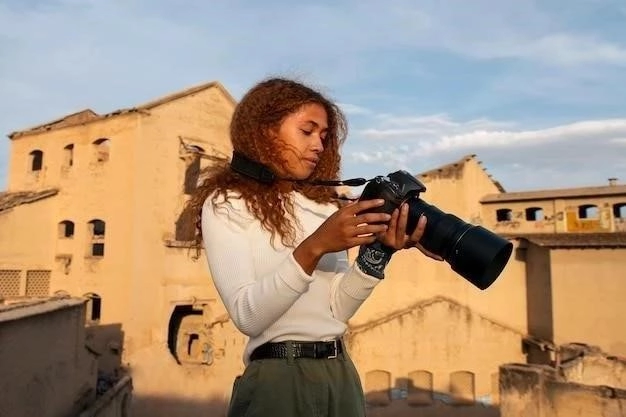
Health
Due to the ongoing conflict, Syria’s healthcare system faces severe disruptions and challenges. Many medical facilities have been damaged or destroyed, and access to essential medications and treatments is limited, particularly outside of major cities.
Travelers to Syria should be aware of the following health risks:
- Limited access to healthcare: Obtaining emergency medical care can be extremely difficult.
- Risk of infectious diseases: Displaced populations and strained sanitation systems increase the risk of outbreaks. Ensure your routine vaccinations are up to date and consider vaccinations for Hepatitis A and Typhoid.
- Food and waterborne illnesses: Exercise caution with food and water consumption. Opt for bottled water and thoroughly cook all food.
It is crucial to travel with comprehensive travel insurance that includes medical evacuation coverage. Carry a well-stocked first-aid kit and any necessary prescription medications in their original packaging. Consulting a travel medicine specialist well in advance of any travel to Syria is highly advised.
Money and Costs
Syria’s economy has been profoundly impacted by years of conflict, resulting in significant financial instability and currency fluctuations. The Syrian pound (SYP) is the official currency, but the US dollar is widely accepted, particularly in informal settings. However, obtaining accurate exchange rates and exchanging money can be challenging.
Credit card use is extremely limited, and ATMs may be unreliable or unavailable. It is essential to carry sufficient cash in US dollars or Euros to cover your expenses throughout your trip. Be aware that prices for goods and services can be volatile and subject to inflation.
Due to safety concerns and logistical difficulties, it is highly recommended to arrange any financial transactions, such as paying for accommodation or tours, through reputable agencies or contacts in advance. Exercise caution when handling money and avoid carrying large sums of cash.
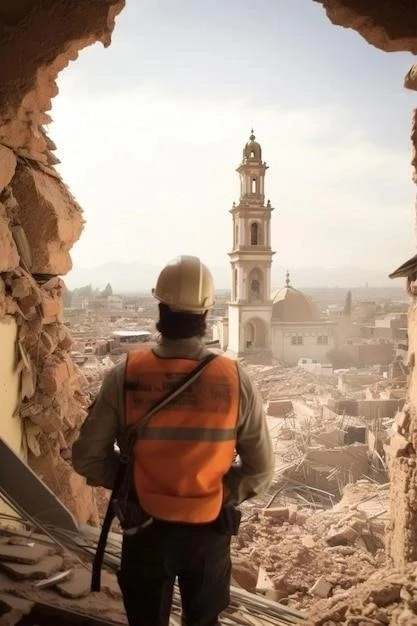
Communication and Internet Access
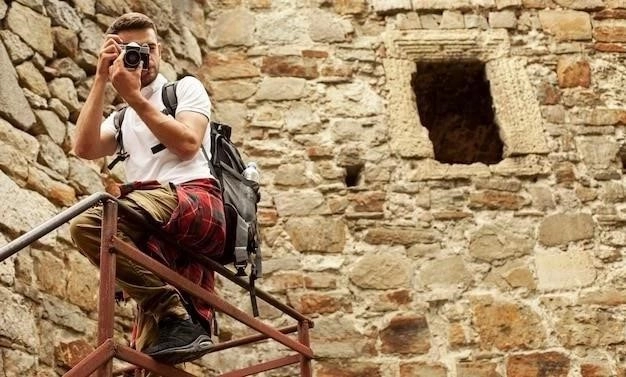
Communication infrastructure in Syria has been significantly affected by the ongoing conflict, resulting in unreliable and limited connectivity. Mobile phone networks may be operational in some areas, but coverage can be patchy and unpredictable. It is advisable to check with your service provider about international roaming plans and availability before traveling.
Internet access is similarly limited, with slow speeds and frequent outages common. Internet cafes are available in larger cities, but their reliability can vary. Using virtual private networks (VPNs) is recommended for enhanced security and privacy when accessing the internet.
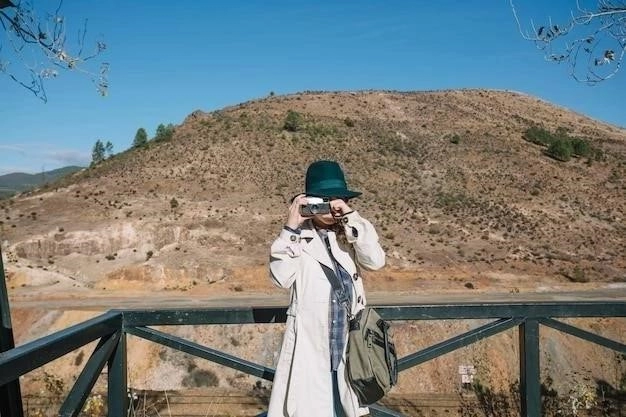
It is essential to have reliable communication methods in case of emergency. Consider purchasing a local SIM card upon arrival if possible, or ensure you have the contact details for your embassy or consulate readily available. Inform family or friends of your itinerary and maintain regular contact to update them on your whereabouts.



